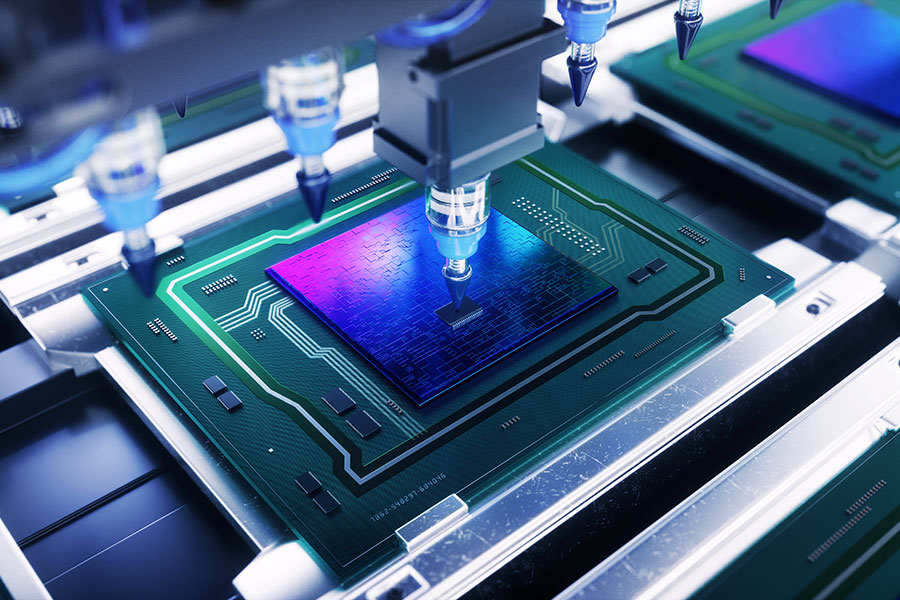In response to the shortage of semiconductor talents, Samsung North America has launched a "three days a week office" attendance policy
Samsung Electronics' Device Solutions (DS) department, responsible for the semiconductor and chip businesses, has taken unprecedented measures to introduce a "three days a week office" attendance policy to address the increasingly serious shortage of semiconductor talent.
Samsung DSA has recently implemented a mixed work system that only requires employees to stay in the office three days a week. The remaining working hours can be flexibly managed from home or other locations.
Samsung DSA expects that this hybrid work system will improve employee satisfaction and help attract talent from other regions. It is expected that reducing commuting time alone will help prevent employee turnover. A hybrid work system may also save some costs related to office operations.
Before introducing a hybrid work system, Samsung conducted internal training on remote conferencing and virtual collaboration systems to ensure smooth operation.
The significant change in Samsung DSA's work system is due to the increasing investment of global semiconductor companies, leading to intensified competition for talent in the United States. Although these companies are increasingly establishing factories and research and development facilities in the United States, most companies face challenges in hiring skilled workers.
According to the Oxford Institute of Economics, a consulting firm, the US semiconductor industry will require 460000 workers by 2030, but at current rates, the gap will reach 67000. It is worth noting that due to a lack of skilled workers, TSMC has postponed the operation of its new Arizona factory for one year to 2025. Samsung is also making every effort to ensure the availability of personnel at its Taylor foundry in Texas, which will be operational in the second half of 2024.
Samsung DSA expects that this hybrid work system will improve employee satisfaction and help attract talent from other regions. It is expected that reducing commuting time alone will help prevent employee turnover. A hybrid work system may also save some costs related to office operations.
Before introducing a hybrid work system, Samsung conducted internal training on remote conferencing and virtual collaboration systems to ensure smooth operation.
The significant change in Samsung DSA's work system is due to the increasing investment of global semiconductor companies, leading to intensified competition for talent in the United States. Although these companies are increasingly establishing factories and research and development facilities in the United States, most companies face challenges in hiring skilled workers.
According to the Oxford Institute of Economics, a consulting firm, the US semiconductor industry will require 460000 workers by 2030, but at current rates, the gap will reach 67000. It is worth noting that due to a lack of skilled workers, TSMC has postponed the operation of its new Arizona factory for one year to 2025. Samsung is also making every effort to ensure the availability of personnel at its Taylor foundry in Texas, which will be operational in the second half of 2024.